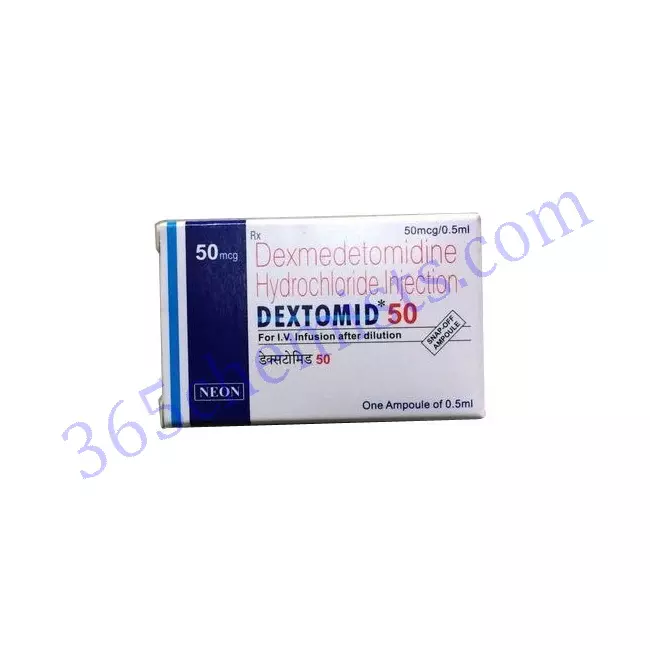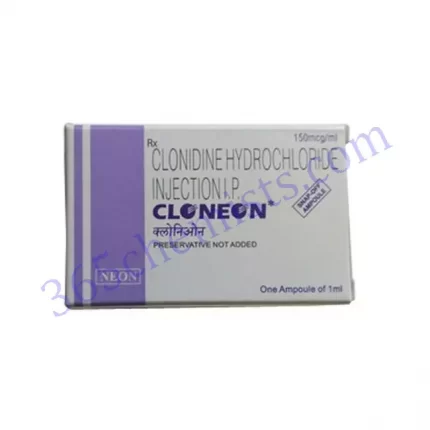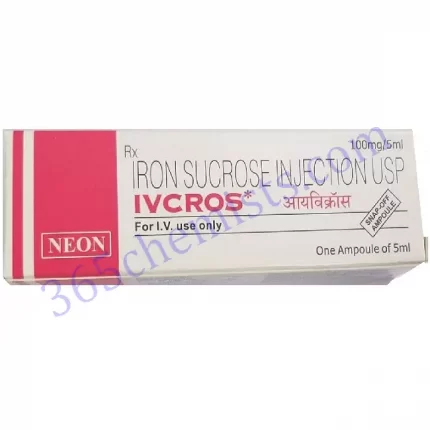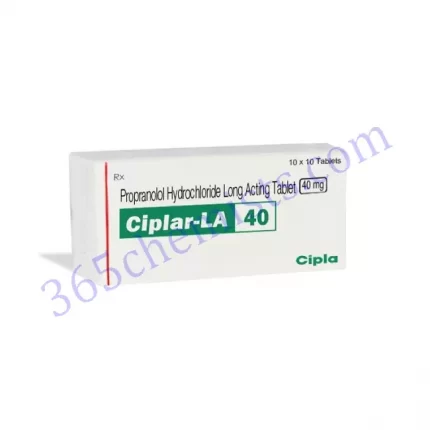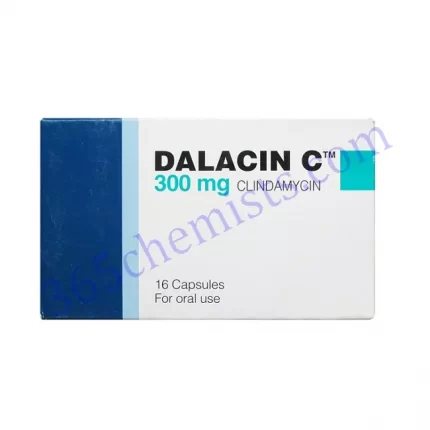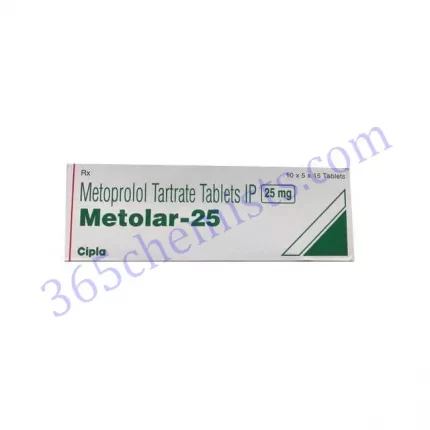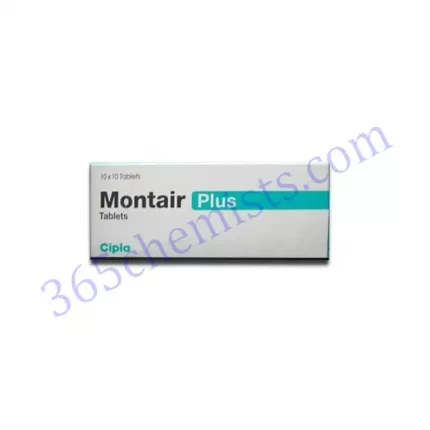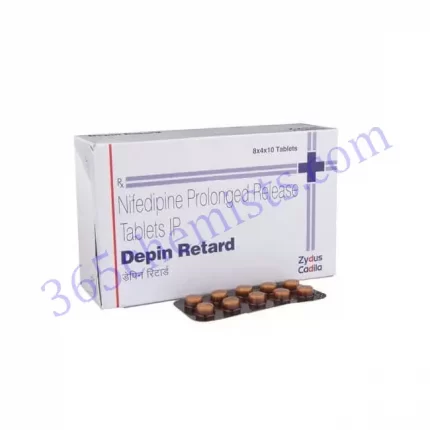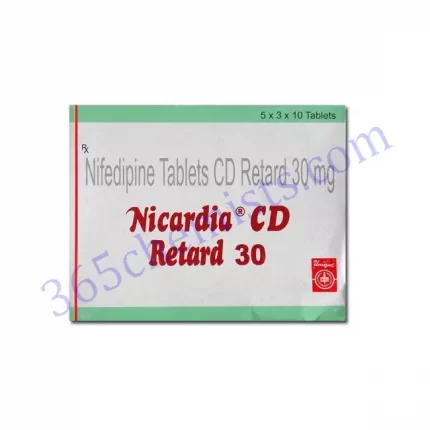Dextomid 50mcg Injection (Dexmedetomidine 50mcg): A Precise Sedative for Medical Procedures
An effective sedative medication that is utilised in a variety of medical procedures is known as Dextomid 50mcg Injection. This medication contains dexmedetomidine in a dosage of 50 mcg. The active ingredient in this injection is dexmedetomidine, which is classified as an alpha-2 adrenergic agonist drug. Adrenergic agonists are a class of medications. Because it has been designed to produce sedation, analgesia, and anxiolysis, it is an instrument that is absolutely necessary for use in medical environments. In the following detailed explanation, we will discuss the action mechanism of Dextomid 50mcg Injection, as well as the indications for its use, the dosage required, the potential adverse effects, and the safety precautions.
Mechanism of Action
Dextomid 50mcg The stimulation of alpha-2 adrenergic receptors in the central nervous system is the mechanism by which injection produces its effects. Because of this stimulation, the activation of inhibitory pathways takes place, which results in sedation and analgesia. In contrast to many other sedatives, dexmedetomidine is capable of producing its effects without resulting in a significant reduction in respiratory drive. As a result of this, it is an excellent option for the sedation of patients who will be undergoing medical procedures, such as surgical procedures, mechanical ventilation, and diagnostic interventions.
Indications
The most common use for Dextomid 50mcg Injection is for procedural sedation in adults and paediatric patients (1 month and older) who require a state of calmness and cooperation but do not require general anaesthesia. This is the drug’s primary indication. It is frequently utilised for the purpose of providing momentary sedation in medical settings such as operating rooms, diagnostic procedures, and intensive care units (ICUs). In order to provide the most effective level of sedation and maintain the patient’s safety, the Dextomid 50mcg Injection must be administered by trained medical professionals.
Dosage and Administration
The dosage of Dextomid 50mcg Injection is customised for each patient according to their age, weight, and the severity of their medical condition. It is given to the patient as a slow intravenous infusion over a period of time ranging from ten to twenty minutes. After the initial loading dose, the patient will receive a maintenance infusion in order to reach the desired level of sedation. It is the responsibility of the healthcare provider to determine the precise dosage and infusion rate, taking into account the patient’s response as well as the required level of sedation.
Side Effects
Dextomid 50 mcg Injection is generally well tolerated; however, it has the potential to cause a number of adverse effects. In addition to sedation and dry mouth, common adverse effects include bradycardia, also known as a slow heart rate, hypotension, and low blood pressure. These effects are typically mild and fleeting, but it is imperative that close monitoring of vital signs take place while the medication is being administered. In extremely rare instances, the use of Dextomid 50mcg Injection may result in more severe adverse reactions, such as depression of the respiratory system or instability of the cardiovascular system. To reduce the likelihood of developing these complications, it is essential to perform titration and monitoring with extreme caution.
Precautions and Contraindications
When treating patients who have certain medical conditions, such as cardiovascular disease, hypovolemia, or hepatic impairment, the Dextomid 50 mcg Injection should be administered with extreme caution. Patients who have a known hypersensitivity to dexmedetomidine or any of its components should not take it because it is not safe for them to do so. In addition, the use of Dextomid 50 mcg Injection is not recommended for women who are pregnant or who are breastfeeding because the safety of this medication in these populations has not been determined.
Special Considerations
Certain considerations are important for medical professionals to keep in mind when administering Dextomid 50 mcg Injection, including the following:
- Monitoring: It is imperative that the patient’s vital signs, including heart rate, blood pressure, and oxygen saturation, be monitored continuously throughout the duration of the infusion process in order to guarantee the patient’s safety and achieve the desired level of sedation.
- Dextomid 50 mcg: How long should it be used? Injection is designed to be used for a relatively brief period. Infusions that are kept going for too long should be avoided because they can raise the risk of unwanted side effects.
- Interactions with Other Medications Dexmedetomidine may have interactions with other medications, including sedatives and opioids. In order to prevent any potential complications from occurring, it is essential to examine the patient’s medication profile and make any necessary adjustments to the dosage and administration.
Conclusion
Injection of Dextomid 50mcg, which contains dexmedetomidine at a concentration of 50 mcg, is a targeted sedative medication that is utilised in a variety of medical procedures. Its one-of-a-kind mode of action produces sedation in addition to analgesia without causing a significant reduction in respiratory drive. Dextomid 50mcg Injection offers a valuable solution for achieving optimal sedation in patients undergoing surgery, diagnostic procedures, or who require intensive care if it is administered and monitored with care. However, it is essential to use this medication under the direction of trained medical professionals, taking into account the specifics of each individual patient and strictly adhering to the dosage guidelines that are recommended.

